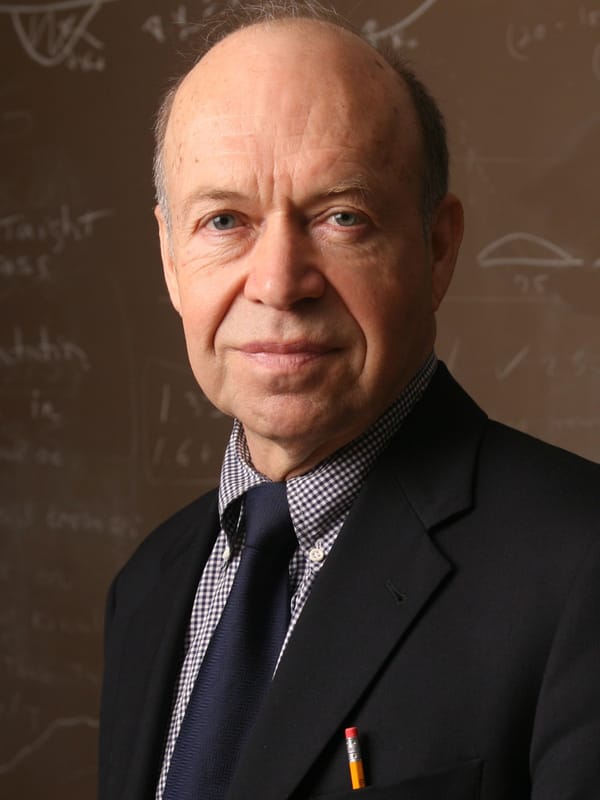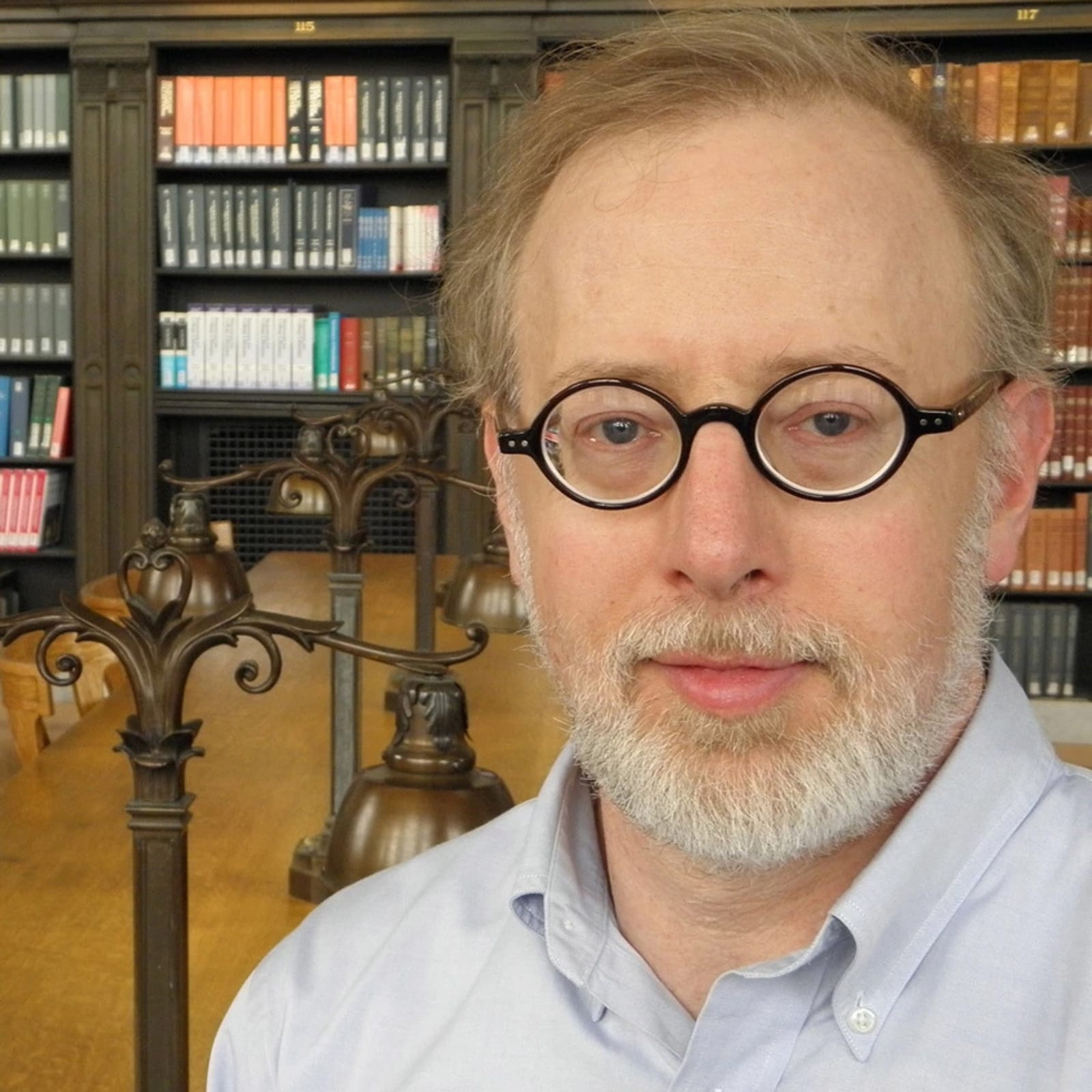
- Courage Prize Recipient, 2013
On June 23, 1988, James Hansen, the then-director of NASA’s Institute for Space Studies, testified before the Senate Energy and Natural Resources Committee. He stated that there was a strong cause and effect relationship between observed temperatures and human emissions into the atmosphere; that “the greenhouse effect is here.” It was the first time that a leading scientist had unequivocally articulated this position on such a public stage, and the following morning the New York Times headline read, “Global Warming Has Begun.”
Over the decades since, Hansen has used his stature as NASA’s top climate scientist to convincingly argue that climate change is the work of humans, and that “global warming isn’t a prediction. It is happening.”
Hansen was born March 29, 1941, in western Iowa, one of seven children. He showed an interest in science from a young age, and was persuaded as a college senior to take the physics graduate school qualifying exam by a professor. Hansen subsequently received his degrees in physics, astronomy, and mathematics at the University of Iowa, studying at Dr. James Van Allen’s space science program.
Upon graduation, he went to work directly at the NASA Goddard Institute for Space Studies where he studied the composition of the atmosphere of Venus. But after a decade of research he switched his research to the changing atmosphere of another planet: Earth.
Using data from Earth-orbiting satellites and climate models, Hansen created one of the world’s first climate models, nicknamed Model Zero, on which most of his climate predictions are based. It was known then that the increasing level of carbon dioxide being added to the air by the burning of fossil fuels was changing the composition of Earth’s atmosphere, and that would likely affect our climate. His research led to his conviction that the continued exploitation of all fossil fuels on Earth threatens not only the other millions of species on the planet but also the survival of humanity itself — and that the timetable for mitigation is shorter than anyone had previously imagined.
Since publishing his seminal studies on the effects of greenhouse gases in 1981, and following his Senate testimony, Hansen has steadily ratcheted up the pressure on public officials to take his warnings seriously. He spoke out against the Bush administration’s attempts to mute his warnings about the urgent need to address climate change, and has implored President Obama to reject the Keystone XL pipeline.
Hansen describes his transformation from a pure scientist to a “witness” — what writer Robert Pool described in a May 1990 issue of Science magazine as “someone who believes he has information so important that he cannot keep silent. As he writes in his book, he didn’t want his grandchildren, sometime in the future, to look back and say, “Opa understood what was happening, but he did not make it clear.”
Hansen also takes seriously one of the central tenets of NASA’s former mission statement to “understand and protect our home planet.” He has called for putting fossil fuel company executives, including the CEOs of ExxonMobil and Peabody Coal, on trial for “high crimes against humanity and nature” for spreading doubt and misinformation about climate change, as tobacco companies did in the early years to obscure the link between smoking and cancer. And he has argued repeatedly for collection of a carbon fee from fossil fuel companies with distribution of the funds to the public, thus “putting an honest price on carbon that makes fossil fuels pay their cost to society.”
In 1996, Hansen was elected to the National Academy of Sciences. He directed the NASA Goddard Institute for Space Studies in New York City from 1981 to 2013; he stepped down in April to pursue political and legal efforts to cut carbon emissions. He is Adjunct Professor of Earth Sciences at Columbia University’s Earth Institute.
Hansen has received numerous prizes for his work, including the AASA Award for Scientific Freedom and Responsibility for his “courageous and steadfast advocacy in support of scientists’ responsibilities to communicate their scientific opinions and findings openly and honestly on matters of public importance,” the Carl-Gustaf Rossby Research Medal, which is the highest honor bestowed by the American Meteorological Society, and the 2010 Blue Planet Prize, considered to be Japan’s equivalent to the Nobel Prize. In 2012, Foreign Policy named Hansen one of its Top 100 Global Thinkers “for sounding the alarm on climate change, early and often.”
In addition to his work on global warming, Hansen has also protested mountaintop removal mining in Raleigh County, West Virginia. He has said it provides “only a small fraction of our energy” and has called on President Obama to abolish it. More recently, Hansen’s activism has focused on the controversial Keystone pipeline extension that, if built, will carry synthetic crude oil from Canada’s tar sands to the Gulf of Mexico. He was arrested twice in 2011 and also this past February at protests against Keystone XL outside the White House.
Dr. James Hansen, the 2013 recipient of The Ridenhour Courage Prize, was recognized for bravely and urgently telling the truth about climate change, even when the Bush administration tried to silence and penalize him as director of the Goddard Institute for Space Studies. Rather than giving in, or giving up, Dr. Hansen — one of the world’s most tireless and articulate activists — has courageously and continuously led the fight to save the planet ever since.
More 2013 Prize Winners
One Bold Move, Countless Lives: Empowering Humanity, Changing the World.



